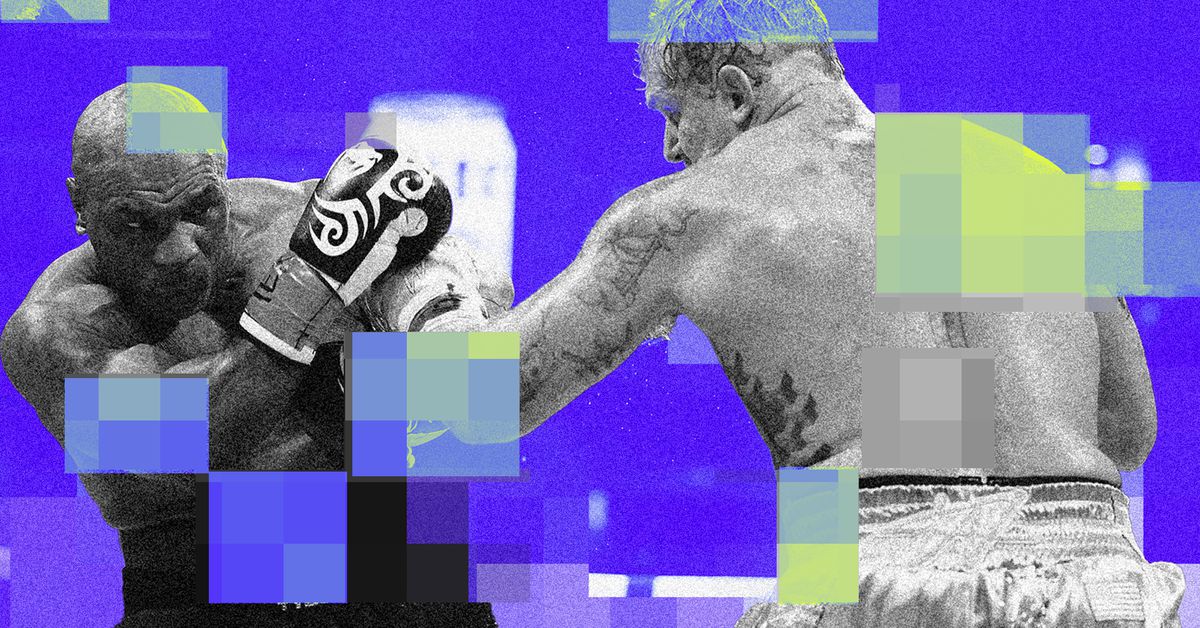The Paul / Tyson fight on Friday was very popular. Netflix streamed it into more than 60 million households, which is a huge number for any TV event, much less a streaming-only one. Whether the whole thing went well, though, is another matter. The fight itself wasn’t very exciting, and for a large portion of the audience it wouldn’t have mattered if it was — all they could see was laggy, pixelated nothingness. Netflix is clearly bought in to live programming and sports, but is it ready to do it big?
On this episode of The Vergecast, The Verge’s Richard Lawler joins the show to talk through the state of sports streaming. We talk about the ups and downs of the Netflix live-streaming experiments so far, what’s at stake for the company’s first NFL games this Christmas, and the technical challenges for any streaming service trying to do live at scale. Turns out decades of digging trenches and hanging wires have given the cable networks some advantages.
After that, we go back in time a millennium or so. Roland Allen, the author of The Notebook: A History of Thinking on Paper, joins the show to talk about a thousand years of note-taking, and why even now there’s something magical about pen and paper. We talk about the rise of Moleskine, the centuries-old origins of the Bullet Journal, why typing doesn’t help you remember the way writing does, and much more.
Finally, we investigate a question from the Vergecast Hotline about those third-party CarPlay screens that are all over the TikTok Shop. Producer Will Poor bought one, tried it, and has some thoughts.
If you want to know more about everything we discuss in this episode, here are some links to get you started, first on sports streaming:
And on the portable CarPlay stuff:

